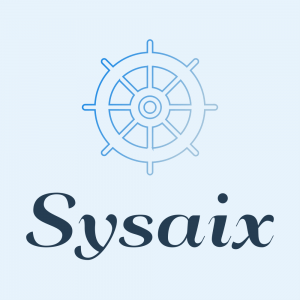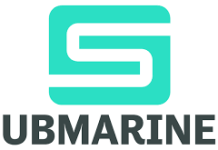
Container image signing is a process in which a digital signature is added to a container image to verify the authenticity and integrity of the image. This can help ensure that the image has not been tampered with or altered in any way and that it comes from a trusted source.
There are several benefits to signing container images. First, it helps to ensure that the image has not been compromised or altered in any way, which can be especially important in environments where the image will be used to deploy critical applications or infrastructure. Second, it can help to establish trust between the provider of the image and the user, as the user can be confident that the image they are using is the one that was intended by the provider. Finally, it can also help to prevent security breaches or attacks by ensuring that only trusted images are deployed.
There are several ways to sign container images, including using public key infrastructure (PKI) or other cryptographic methods. In general, the process involves adding a digital signature to the image by hashing the image and then encrypting the hash with a private key. The signature can then be verified by decrypting the signature with the corresponding public key.
Overall, container image signing is an important security measure that can help to ensure the authenticity and integrity of container images, and is widely used in various environments to help secure containerized applications and infrastructure.
There are several tools available for signing and verifying container images, including:
- Notary: This is an open source tool developed by Docker that allows users to sign and verify container images. It uses a PKI-based approach to sign and verify images, and can be integrated with Docker Hub or other container registry platforms.
- Harbor: This is an open source container registry platform that includes built-in support for image signing and verification. It uses a PKI-based approach to sign and verify images, and allows users to set up policies to ensure that only signed images are deployed.
- TUF: The Update Framework (TUF) is an open source framework for securing software update systems. It includes tools for signing and verifying container images, and can be used in conjunction with container registry platforms like Docker Hub or Quay.
- JFrog Artifactory: This is a commercial artifact repository manager that includes support for container image signing and verification. It uses a PKI-based approach to sign and verify images, and can be integrated with container orchestration platforms like Kubernetes.
There are also other tools and platforms available that support container image signing and verification, so it’s worth doing some research to find the best option for your specific needs and use case.
What is the software secure supply chain?
The secure software supply chain refers to the process of developing, distributing, and maintaining software in a way that ensures its authenticity, integrity, and security. It involves the various steps and stakeholders involved in creating and delivering software to end users, including developers, build and release teams, quality assurance teams, and distribution channels.
A secure software supply chain is important because it helps to ensure that software is free of vulnerabilities and other security threats, and that it can be trusted by end users. This is especially important in environments where software is used to deploy critical applications or infrastructure, as even a small security flaw can have significant consequences.
To create a secure software supply chain, it is important to implement security measures at every stage of the process, including:
- Development: Implementing secure coding practices and using tools like static analysis and fuzz testing to identify and fix vulnerabilities.
- Build and release: Implementing processes to ensure that only trusted code is built and released, and using tools like container image signing to verify the authenticity and integrity of software packages.
- Distribution: Using secure distribution channels to deliver software to end users, and implementing measures like code signing to verify the authenticity and integrity of software packages.
- Maintenance: Implementing processes for regularly updating and patching software to fix vulnerabilities and maintain security.
Overall, a secure software supply chain is essential for ensuring the security and trustworthiness of software, and is an important consideration for any organization that develops or distributes software.
What is the sigstore project?
The sigstore project is an open-source tool for storing and verifying cryptographic signatures. It is not a commercial product, but rather a community-driven project that is intended to be used as a free, open-source resource for individuals and organizations who need to store and verify digital signatures.
The sigstore project includes a number of different tools and features that can be used to store and verify signatures, including a decentralized database for storing signatures, a command-line interface (CLI) for interacting with the sigstore, and libraries and APIs that can be used to build custom applications that integrate with the sigstore.
Overall, the sigstore project is intended to be a flexible and versatile tool that can be used in a variety of different contexts and applications, and it is constantly being improved and updated by the community of contributors who work on the project.
It appears that Cosign is a tool developed by the Sigstore project for signing and verifying software packages. Cosign is described as a command line tool that can be used to sign and verify a variety of software packages, including container images, tarballs, and other types of software packages. It uses strong cryptographic techniques to ensure the authenticity and integrity of signed software packages, and includes features like key management and timestamping to enhance security.
Sigstore, on the other hand, is a platform that provides a simple API and command line interface for securely storing and managing digital signatures for software packages. It is designed to be easy to integrate into existing software development processes and tools, and can be used to sign and verify a variety of software packages using Cosign or other signing tools.
Overall, it appears that Cosign is a tool developed by the Sigstore project for signing and verifying software packages, and is used in conjunction with the Sigstore platform to manage and store digital signatures for software packages.







